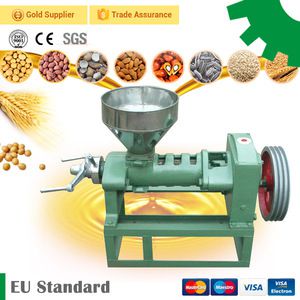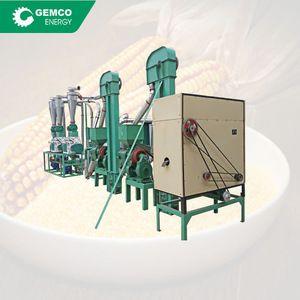
big capacity manioc turnkey project automatic cassava starch processing machine
High quality cassava flour is made within a day of harvesting the root. It is very white, has low fat content, it gives a good smell or taste to food products and can mix very well with wheat flour for use in bread or cakes.
To establish a cassava flour production line you can use low cost automatic cassava starch processing machine (also called tapioca starch machine) to make high quality cassava flour you require.
50 ton per day cassava flour production line
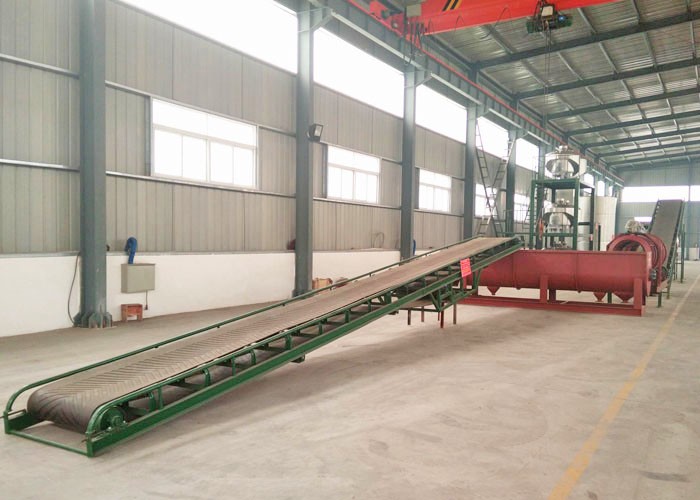
| Flour yield | Power | Cassava flour |
|---|---|---|
| 50TPD cassava flour | 380v 3phase 50hz | 80-100 mesh screen |
Click Now for Catalogs & Factory Price!
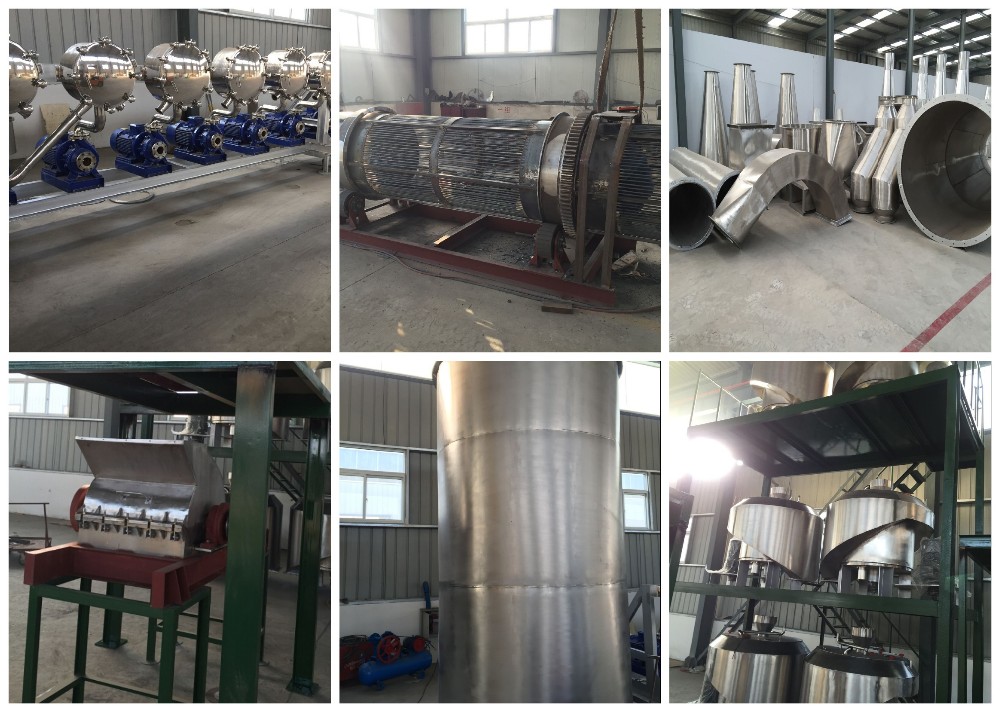
Main equipments of low cost automatic cassava starch processing machine


Click Now for Catalogs & Factory Price!
Complete flaw chart of the cassava starch production machine
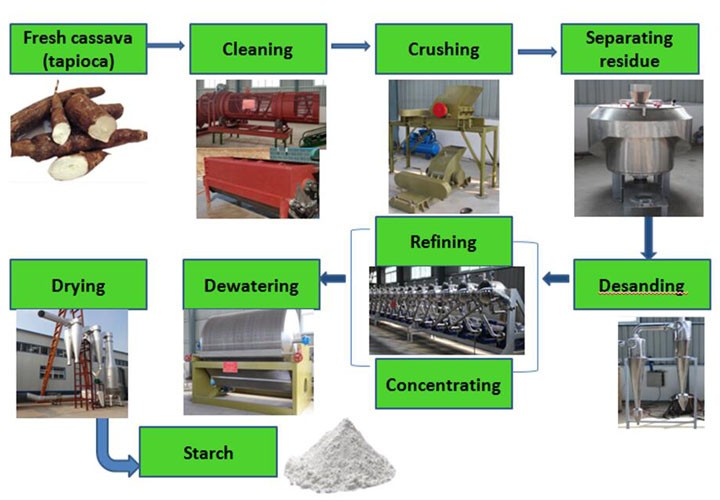
Step 1: Selecting roots harvest or buy healthy, mature, firm, freshly harvested cassava roots. These should have no bruises. The flesh of the roots should be white with no cracking and few fibrous roots.
Step 2: Peeling the roots and remove the stalk, woody tips and any fibrous roots using a sharp knife. Failure to peel properly will result in off-colour in the final product. Cassava peel (after drying) can be used for animal feed or composting – so do not waste it!
Step 3: Washing the peeled cassava roots with clean water to remove any dirt, including sand, soil, leaves or other impurities.
Step 4: Grating Use a simple perforated iron sheet or mechanical grater to grate cassava roots into a fine mash.
Step 5: Pressing Pack the grated cassava mash into a clean bag, such as a jute or sisal sack that will allow extra water to escape. Press the sack using a screw press or hydraulic jack to remove excess water until the cassava is crumbly.
Step 6: Drying Spread the pressed cassava mash thinly on a clean black plastic sheet placed on a gentle slope in full sun. Ideally this should be raised off the floor. Dry mash until it is very floury. Cover with netting to keep off flies and birds. Though solar, stove and hot-air dryers are more expensive, the drying process is more reliable and of higher quality.
Step 7: Milling Mill the dried cassava mash to produce flour. Milling can be done using a hammer mill (village posho mill).
Step 8: Sifting Using a simple home-made sieve, sift the milled flour to remove fibrous materials and any lumps. This is important to obtain high-quality free-flowing flour, free of fibre with a good particle size.
Step 9: Packaging and storing Pack sifted cassava flour in airtight moisture-proof black plastic bags. Seal the bag using a burning candle (or an electrical polysealer if electricity is available) and label with date of manufacture and expiry date (after six months). Pack bags in a carton to protect them from light. Store the cartons in a well-ventilated, cool, dry place. The packaged flour will keep for about six months.
Customers with partners from all over the world


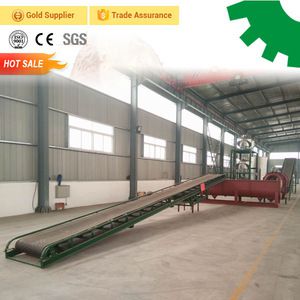
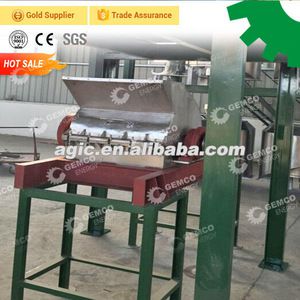


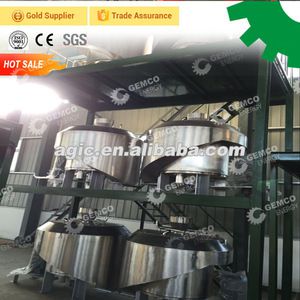

 China
China